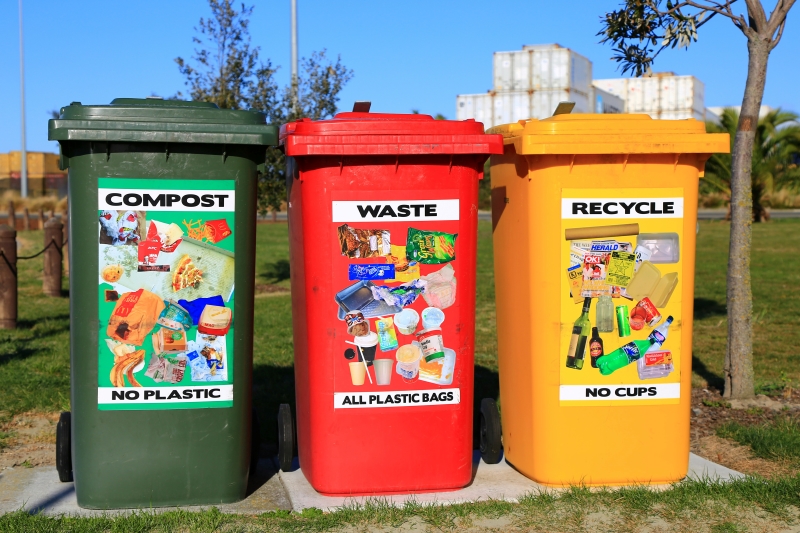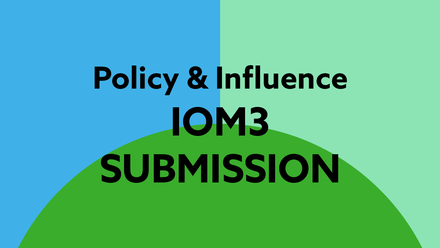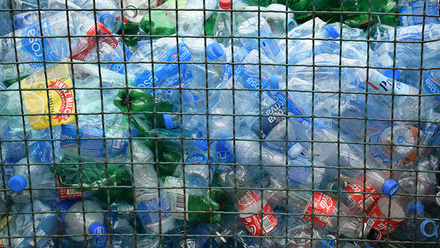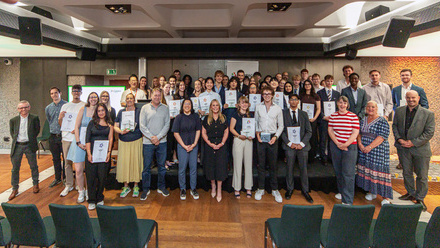CIWM issues policy blueprint
The UK's Chartered Institution of Wastes Management (CIWM) has issued 10 ‘policy asks’ ahead of the upcoming General Election.

These follow a review of the UK Department for Environment, Food and Rural Affairs' (Defra's) Resources and Waste Strategy for England, with the recognition that it has been found to be outdated.
The policy asks, the CIWM says, have been designed to accelerate the transition to a more resource resilient and circular economy, aimed at the yet to be elected new UK Government.
The work was undertaken by a working group of CIWM members.
CIWM’s recommendations are split into those that should be prioritised in the first two years of the new government, and those that can be developed in the following three-to-five-years of the term.
Years One and Two
Policy 1: Implement the existing Resources & Waste Strategy policies
Policy 2: Create a cross-government resource resilience task force
Policy 3: Launch a Green Skills Fund
Policy 4: Introduce targeted Extended Producer Responsibility (EPR) for several key product types
Policy 5: Introduce targets across the top half of the waste hierarchy (prevention, reuse, repair)
Years Three to Five
Policy 6: Develop a Circular Economy Plan with a supporting Resource Resilience Strategy
Policy 7: Price raw materials so that prices include negative environmental externalities
Policy 8: Introduce targeted economic instruments
Policy 9: Strengthen eco-design and waste prevention
Policy 10: Ensure adequate funding for the Environment Agency and other regulators
The individual policy proposals can be viewed online.
Post election, the CIWM says it will engage with ministers to review the policy asks and publish its full review report.
The blueprint will also form the core of CIWM’s policy work going forward.
This will include the production of more detailed proposals for policymakers where appropriate.
Commenting on the publication, CIWM’s Director of Innovation and Technical Services, Lee Marshall, says, ‘These policy proposals are a clear demonstration of CIWM’s commitment to leading the way and helping to deliver a major step-change in our journey to a world beyond waste.
Whilst CIWM welcomed The Resources and Waste Strategy when it was published in 2018, progress on implementing it has been undeniably slow. The passing of time, together with an increased focus on climate change and the circular economy, means the context in which the waste and resources sector operates is now very different. As a result, a revised set of policies is urgently needed.
'In the short term, key elements from The Resources and Waste Strategy, such as extended producer responsibility, consistent collections and digital waste tracking, need to be prioritised. We must then shift our attention to the start of the pipe, prioritising resource efficient design and embedding true producer responsibility in order to maximise the value of the materials we consume.’








